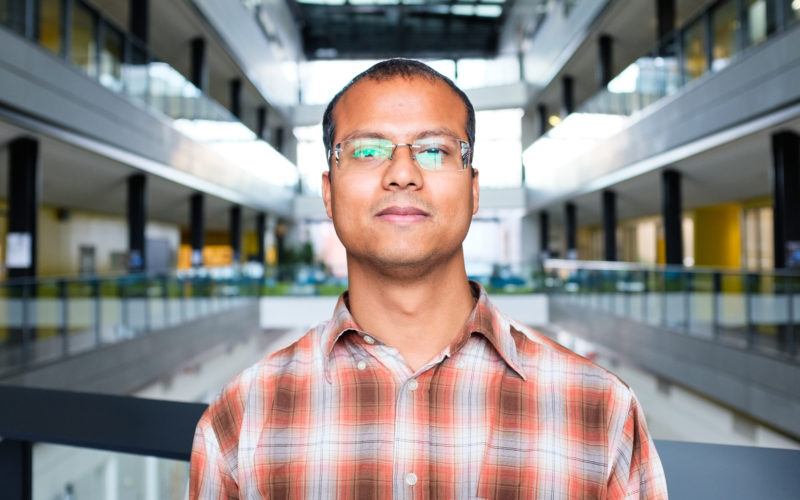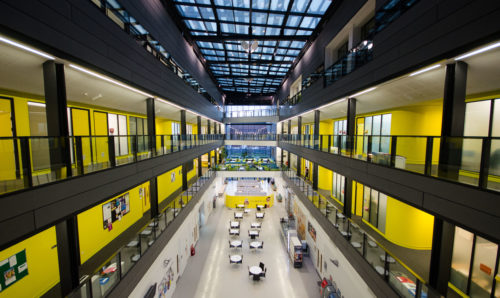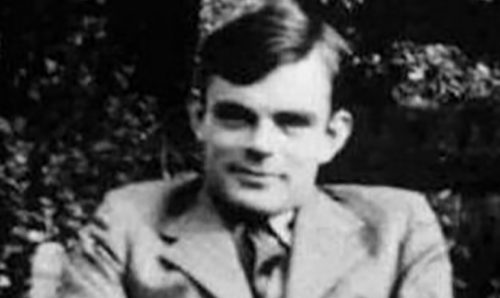Meet our academics – Dr Faustin Adiceam
Meet the Department 3rd January 2019
In this series of blogs, we chat to the academics you’ll meet, be taught by and work with during your time in the School of Mathematics. In this post, we catch up with Dame Kathleen Ollerenshaw Fellow Faustin Adiceam and ask about his research in Pure Mathematics.
Please can you describe your research, for the layman, in 10 sentences or less? How can your research benefit the public?
My research lies mostly in Number Theory, which is a discipline dating back to the dawn of mankind, so to speak. It broadly aims to count objects or configurations of objects in various situations and under various constraints. To this end, Number Theorists have developed many conceptual tools, which are referred to as analytic, algebraic, combinatorial, etc. Over the past decades, Number Theory has found applications in unexpected areas such as wireless communication or cryptography. Thus, the development of telecommunication or else the certification of robust coding schemes requires a deep understanding of some of the theories independently developed by mathematicians.

With regards to your research, what’s your specific area of interest?
I am interested in a variety of topics within Number Theory. They are all more or less related to the so-called area of Diophantine approximation, named after Diophantus of Alexandria (3rd century AD). In its most elementary aspect, this sub field of Number Theory aims to approximation complicated numbers (e.g. the so-called real numbers) by simpler and easier-to-understand ones (e.g. the so-called rational numbers). The quality of such an approximation provides information about properties of the approximated number.
How did you begin your academic career in Number Theory?
My academic career emerged from my taste for Number Theoretical problems: I have indeed always been fascinated by the simplicity of some of the questions that can be formulated about properties of usual (integer) numbers; and yet, many such questions remain unsolved. Wanting to delve further into what still stands in my eyes as fascinating and deep curiosities, I studied pure mathematics at postgraduate level before obtaining a PhD in this discipline in 2015. This then enabled me to become an academic researcher in various institutions before taking up a position at The University of Manchester in 2018.
What’s been your favourite aspect of the job so far?
The most attractive and fascinating aspect of the job of a researcher is undoubtedly the freedom given to explore new ways of thinking, not only through personal research, but also through discussions with students and colleagues. The best reward one can earn from this activity is the satisfaction of having solved a problem which has long been resisting any attempt.
How do you like to spend your time when you’re not working?
When not working, I like reading (literature and philosophy). I also enjoy practising sport (running, table tennis, football). Last, but not least, music is always a most pleasurable entertainment!
We’ll have a new academic interview for you on the blog soon.
alan turing buildingmathsmeet our academicsPhDPostgraduatepure mathematics




